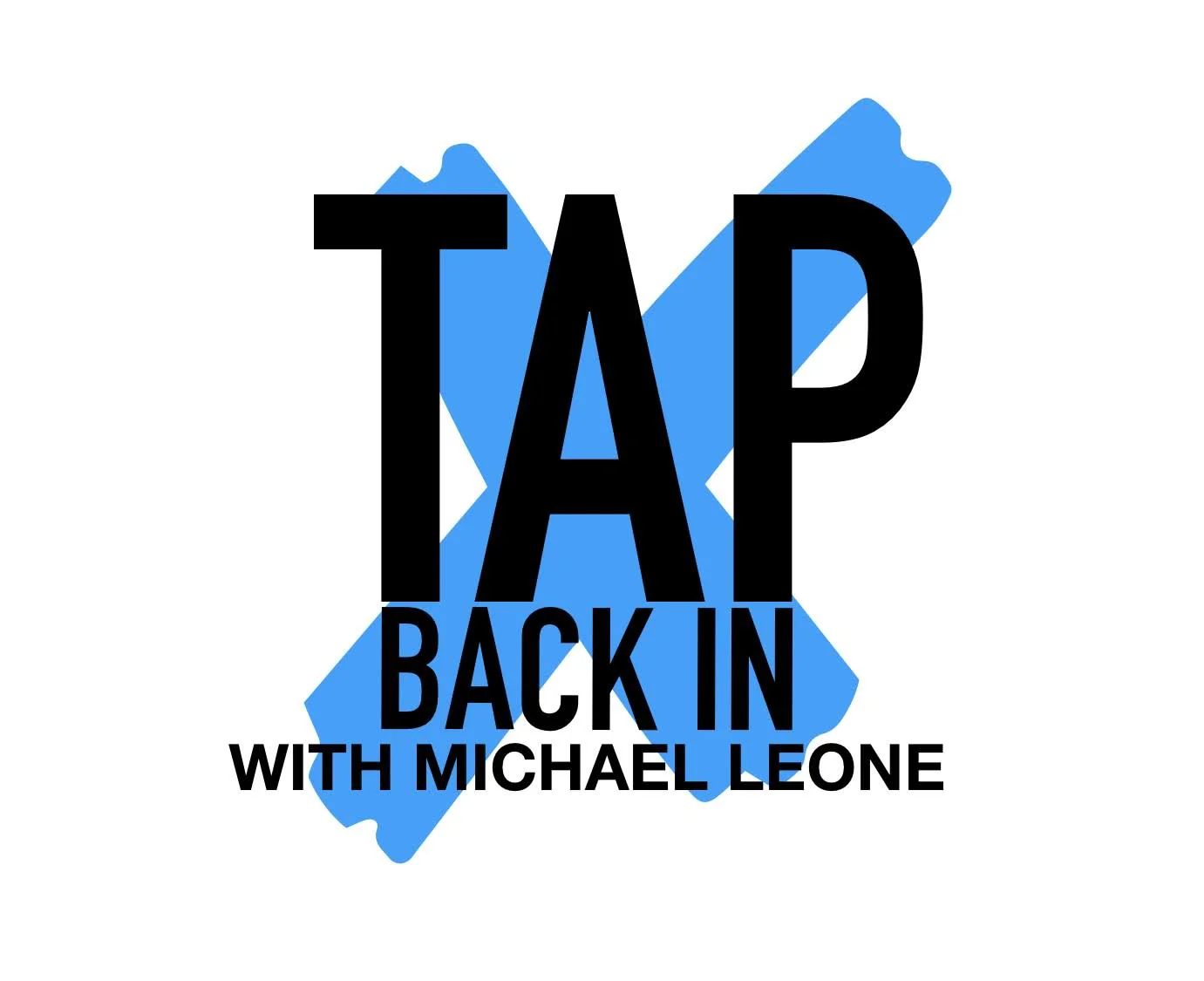I N.E.E.D. Conflict Resolution: Part 5
We are in the final step of the I. N.E.E.D. conflict resolution process. If you missed the other posts, or just need a refresher, here are some links:
Part 1 - Identify
Part 2 – Need
Part 3 - Explore
Step 4 - E.A.R. (Explain, Ask Questions, Restate|Repeat)
This is it! You've done all your work and you have reached the final step in the I. N.E.E.D. cycle. And that's the revelation we need to remember: this is a process, but it's also a cycle - meaning you may have to complete the whole process multiple times - especially for those mammoth conflicts.
At any rate, here it is: Decide. You have some decisions to make when you complete the process:
Do you have a solution/plan moving forward? You may need to ask two key questions here: Do you propose a solution OR do you ask for a solution? Sometimes, the other side isn't sure what to do at this point - you may need to offer a solution to get the ball rolling (again, as we've discussed before, don't become married to it - it may change). Conversely, you may want to ask if the other person has a solution. If they can suggest a good solution that you can agree with, then you've already won the battle. If they can feel that they are a part of the solution, it makes it easier to own and put that solution into effect.
Do you need to take a break? Perhaps tempers are flaring or your spinning your wheels - that's okay! Just agree to go to your separate corners, recoup, and come back either later that day or tomorrow. Sometimes you just need some time to get perspective - or to have one of those "in the shower ideas" that just comes to you when you are doing something unrelated.
Do you need to continue or start the cycle over? You may realize you don't have the solution you want yet - and you may need to agree to keep working on it some more if time allows.
Do you need third party assistance? For the toughest problems, you may need to seek someone else to assist - a manager, executive, or someone in HR. If this happens, it's okay. It doesn't mean you failed - it just means you figured out that this problem needs another set of eyes on it and that's okay too.
We've made it through all five parts of the Conflict cycle. Feel free to review this and practice this as often as possible. One thing you'll find - this works in normal, every-day conversation as well. Each of these steps can be used in selling, friendly debates, and more. And this is important because you can't wait for conflict to happen to practice this - you have to practice in safety - those situations where there is no threat and you can feel safe to try things out.
So give I. N.E.E.D. a shot! Play with it and let me know how you do - I'd love to hear from you! I will look forward to your responses and, until then, make today great!

